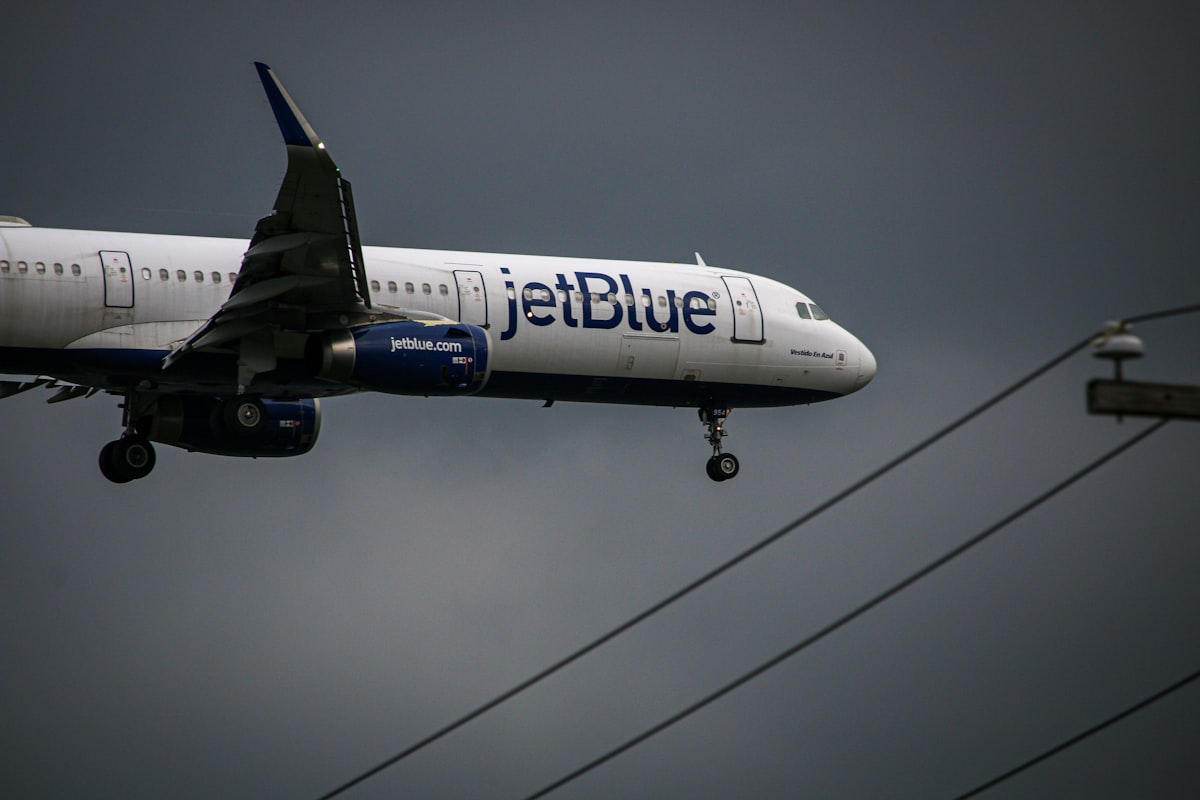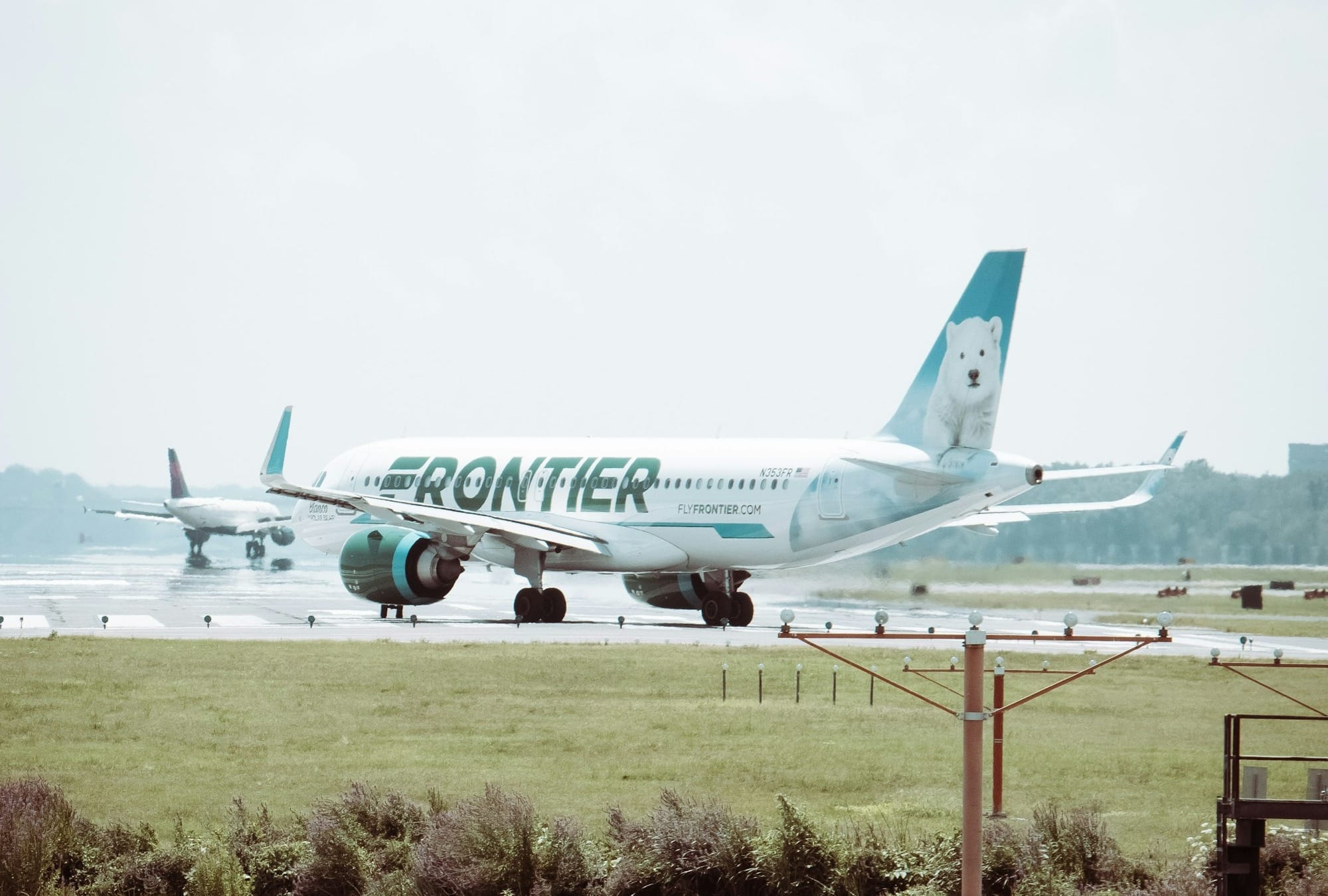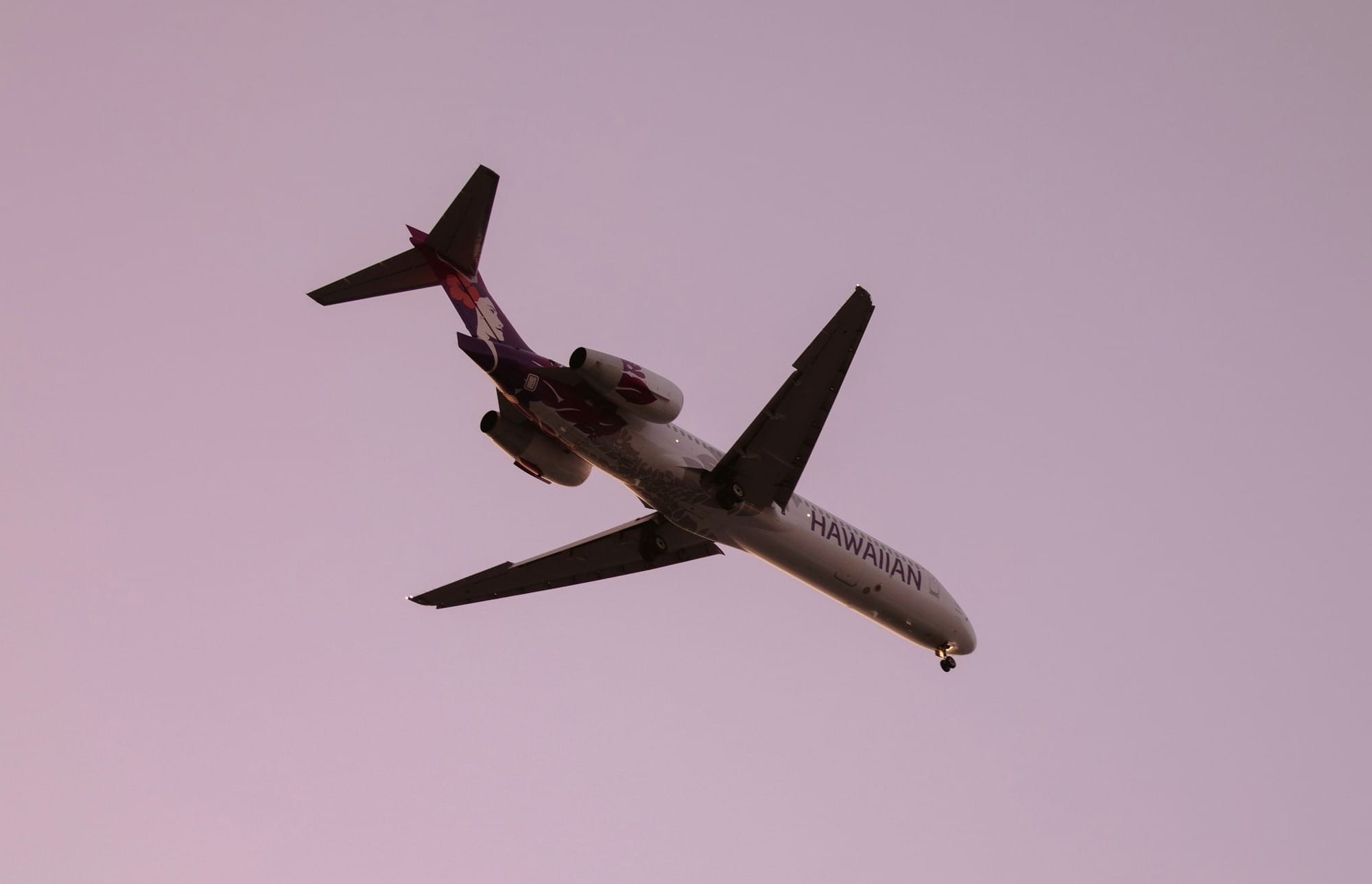JetBlue and Spirit Airlines: The Appeal for a Merger in the Skies
JetBlue and Spirit Airlines have been at the forefront of aviation headlines with their proposed merger, a strategic move that promises to reshape the competitive landscape of the airline industry. The announcement of their notice of appeal marks a pivotal moment in this ongoing saga...


JetBlue and Spirit Airlines: The Appeal for a Merger in the Skies
Key Takeaways:
- JetBlue and Spirit Airlines have jointly filed a notice of appeal with the U.S. Court of Appeals for the First Circuit.
- The appeal is a significant step in their ongoing efforts to merge, following regulatory challenges.
- The outcome of this legal process could have substantial implications for the airline industry and consumers.
The Genesis of the Merger
JetBlue and Spirit Airlines have been at the forefront of aviation headlines with their proposed merger, a strategic move that promises to reshape the competitive landscape of the airline industry. The announcement of their notice of appeal marks a pivotal moment in this ongoing saga, as both carriers seek to overturn a decision that has put their merger plans on hold. This legal maneuver is not just about the consolidation of two airlines; it's a statement about the future direction of air travel in the United States.
Regulatory Roadblocks and the Appeal
The path to a successful merger is fraught with regulatory scrutiny, designed to prevent monopolies and protect consumer interests. JetBlue and Spirit's decision to appeal reflects their commitment to overcoming the hurdles placed by regulatory bodies. The appeal to the U.S. Court of Appeals for the First Circuit is a critical juncture, as the airlines argue the merits of their case and the potential benefits of their union to a wider audience, including travelers, investors, and industry stakeholders.
Market Implications of the Merger
The proposed merger between JetBlue and Spirit Airlines is more than a business transaction; it's a game-changer with the potential to alter market dynamics significantly. By combining their resources, the two airlines aim to create a more formidable competitor in the industry, capable of challenging the dominance of legacy carriers. This consolidation could lead to more competitive pricing, improved services, and enhanced operational efficiency, ultimately benefiting consumers.
Advertising
Consumer Concerns and Competition
While the merger promises various advantages, it also raises concerns among consumers and advocacy groups. The apprehension revolves around the potential for reduced competition, which could lead to higher fares and fewer choices for passengers. JetBlue and Spirit must address these concerns head-on, demonstrating how their combined forces can foster a competitive environment that still prioritizes consumer welfare and market diversity.
Legal Precedents and the Appeal's Significance
The appeal filed by JetBlue and Spirit is not without precedent in the airline industry. Past mergers have faced similar challenges, with varying outcomes. The significance of this legal step cannot be overstated, as it will not only determine the fate of these two airlines but also set a precedent for future consolidation efforts within the industry. The decision of the U.S. Court of Appeals will be closely watched by legal experts and industry analysts alike.
Financial Implications for Both Airlines
Mergers and acquisitions are complex financial undertakings, and the proposed union between JetBlue and Spirit is no exception. The financial implications of the appeal are immense, with both airlines investing significant resources in legal fees, integration planning, and stakeholder communication. The outcome of the appeal will have a direct impact on the financial health and strategic direction of both carriers.
The Role of Government in Airline Mergers
Government agencies play a crucial role in overseeing airline mergers to ensure they align with antitrust laws and public interest. The appeal by JetBlue and Spirit underscores the delicate balance between corporate ambitions and regulatory oversight. The government's stance on this merger will reflect its broader approach to competition and consumer protection in the airline industry.
Advertising
The Global Perspective on Airline Consolidation
Airline mergers are not unique to the United States; they are part of a global trend towards consolidation in the aviation sector. The international community will be observing the JetBlue-Spirit appeal closely, as it may influence merger policies and competition laws beyond U.S. borders. The global implications of this legal battle are far-reaching, with the potential to affect international airline alliances and partnerships.
The Future of Air Travel Post-Merger
The potential merger between JetBlue and Spirit Airlines is poised to redefine the future of air travel. If the appeal succeeds, the combined airline could set new standards for customer experience, route diversity, and pricing strategies. The industry is watching with bated breath, as the decision will shape the trajectory of air travel for years to come.

Stakeholder Reactions and Industry Commentary
Stakeholders from across the aviation industry have voiced their opinions on the JetBlue-Spirit appeal. From airline employees and unions to competitors and industry experts, the reactions have been varied and insightful. The commentary reflects the complexity of the situation and the diverse interests at play as the appeal process unfolds.
Summary
JetBlue and Spirit Airlines have embarked on a legal journey that could culminate in a transformative merger for the airline industry. By filing a notice of appeal with the U.S. Court of Appeals for the First Circuit, the airlines are challenging regulatory barriers in pursuit of a strategic consolidation. The implications of this appeal are vast, affecting market competition, consumer choice, financial outcomes, and the future of air travel. As the legal process progresses, the industry awaits a decision that will have lasting effects on the landscape of aviation.



